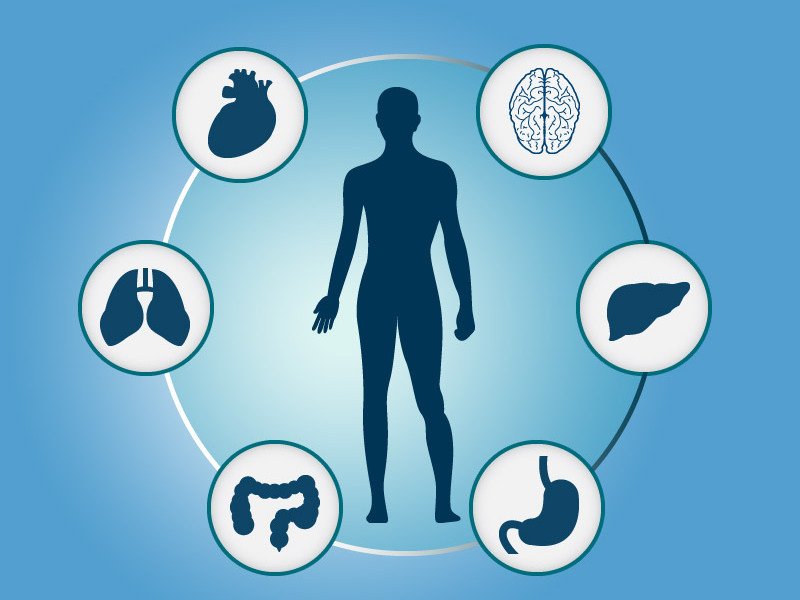Transplants
Transplantation of human cells, tissues or organs saves many lives and restores essential functions where no alternatives of comparable effectiveness exist.

Transplantation of human cells, tissues or organs saves many lives and restores essential functions where no alternatives of comparable effectiveness exist.
In 50 years, transplantation has become a successful worldwide practice. However, there are large differences between countries in access to suitable transplantation and in the level of safety, quality, efficacy of donation and transplantation of human cells, tissues and organs. The ethical aspects of transplantation are at the forefront. In particular, the unmet patients’ needs and the shortage of transplants lead to the temptation of trafficking in human body components for transplantation.
Human transplantation
Human cells and tissues for transplantation can save lives or restore essential functions.
What organs and tissues can be donated and transplanted?
Organs that can be donated and transplanted after your death include your:
- Liver.
- Kidney.
- Pancreas.
- Heart.
- Lungs.
- Intestines.
- Uterus.
Other tissues that can be donated and transplanted include your:
- Corneas.
- Heart valves.
- Bone marrow.
- Bone.
- Skin.
- Ligaments.
- Cartilage.
- Blood vessels.
- Nerves.
Organs and tissues that you can donate while still alive include:
- One kidney.
- A portion of your liver.
- Gestational tissue (leftover tissue after the birth of your newborn).
- Your uterus.
- In rare circumstances, a segment of your lung, pancreas or intestine.
- 100% Trustworthy & Reliable
- includes : treatment & hospitalisation